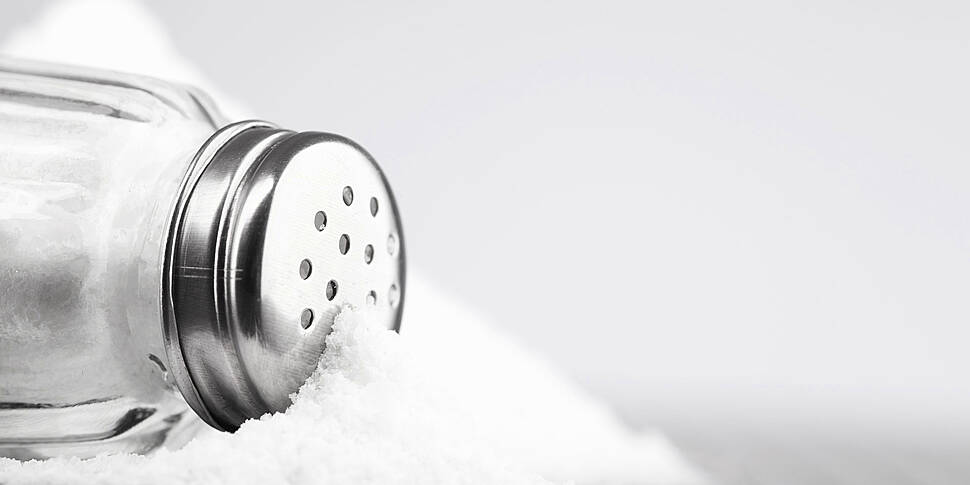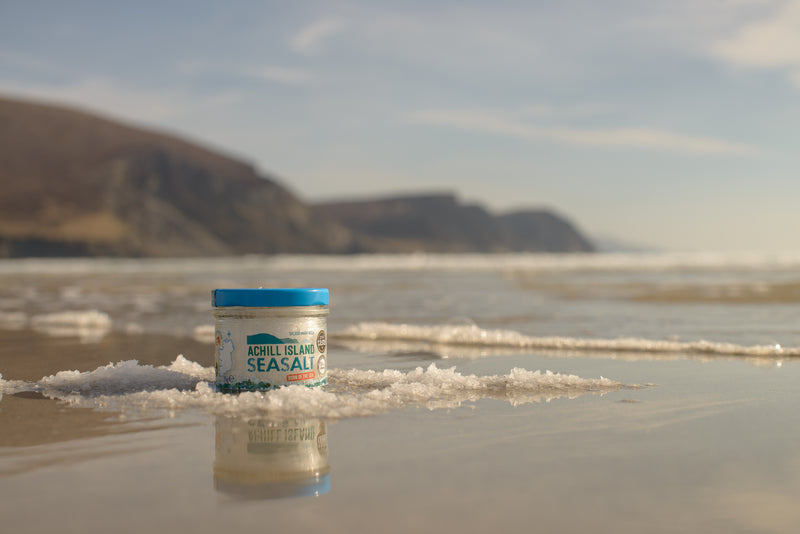Salt is an essential ingredient in our cooking and something that is a vital part of our diets. The body will always need a bit of sodium to function properly so even if you're keeping an eye on your intake, it is still something that needs to be consumed. When being used in cooking, salt is often in a granulated form, but there are so many more types beyond the type sprinkled over your fish & chips from a large white plastic container!
Ray Foley on Today FM spoke to salt expert and Michelin starred chef, Chef Shaun Hill, from The Walnut Tree in Wales. He is the author of the book "Salt Is Essential" to help demystify it all. You can listen to the whole chat below.
You may be familiar with some of these types of salt, but here is a quick run down of some of the more commonly known ones.
Table Salt
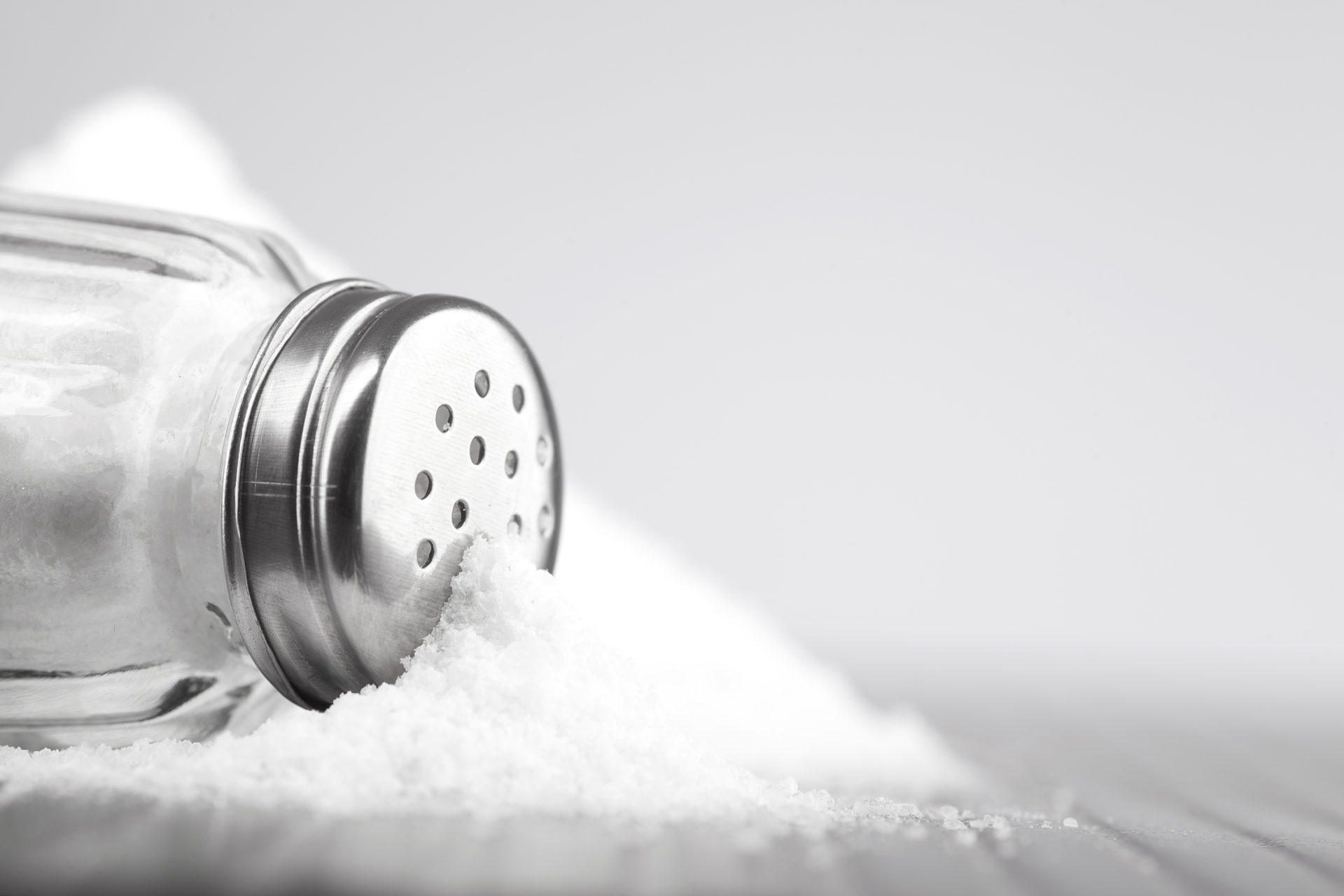
A kitchen essential for many - table salt is the most common variety available. This type is often mined in caves. As a product, it is heavily processed to remove impurities, leaving behind pure sodium chloride. It may contain added iodine and anti-caking agents to ensure it flows freely out of the container. It's ideal for general seasoning when cooking.
Sea Salt
Another commonly used variety of salt is sea salt - and Ireland produces an amazing amount of them around our coastlines. Sea salt is produced by evaporation of either sea or ocean water or the water from saltwater lakes. It is usually purer than table salt and retains trace minerals such as magnesium, calcium, and potassium.
In Ireland, there are many award winning producers of sea salt. For example, in Co Louth, Oriel Sea Salt has a PDO (Protected Geographical Indication) status, which is a legal certification that safeguards regionally produced food items with distinctive attributes and traditions. Down in Kerry there are two fantastic producers of sea salt. Dingle Sea Salt is slowly produced as the seasons and conditions dictate to create a really pure product. While in Tralee, West of Dingle's hand harvested sea salts are also sold with flavours added for a variety of uses. For example, their whiskey smoked salt is wonderful for barbecues, while the lemon & rosemary elevates chips to another level. There's also O'Neill's, from the Beara Peninsula in Co. Cork as well as Mussenden Sea Salt in Northern Ireland.
But the one which has been getting a lot of attention lately is the excellent Achill Island Sea Salt. Similar to Oriel, they achieved their PDO status in 2023. They were founded in 2013 and have been immensely popular with chefs and home cooks ever since. This sea salt takes advantage of Achill Island's pristine waters which create perfect conditions for these sea salt flakes.
Fleur de sel
Fluer de sel is very similar to sea salt, with it's production method being the biggest difference. Instead of evaporating seawater, this is harvested by hand from the top layer of salt ponds which are traditionally found around France, but now are around the world. This top layer is made up of the finest crystals of salt, which are delicate and moist. It is an excellent type of salt for finishing dishes.
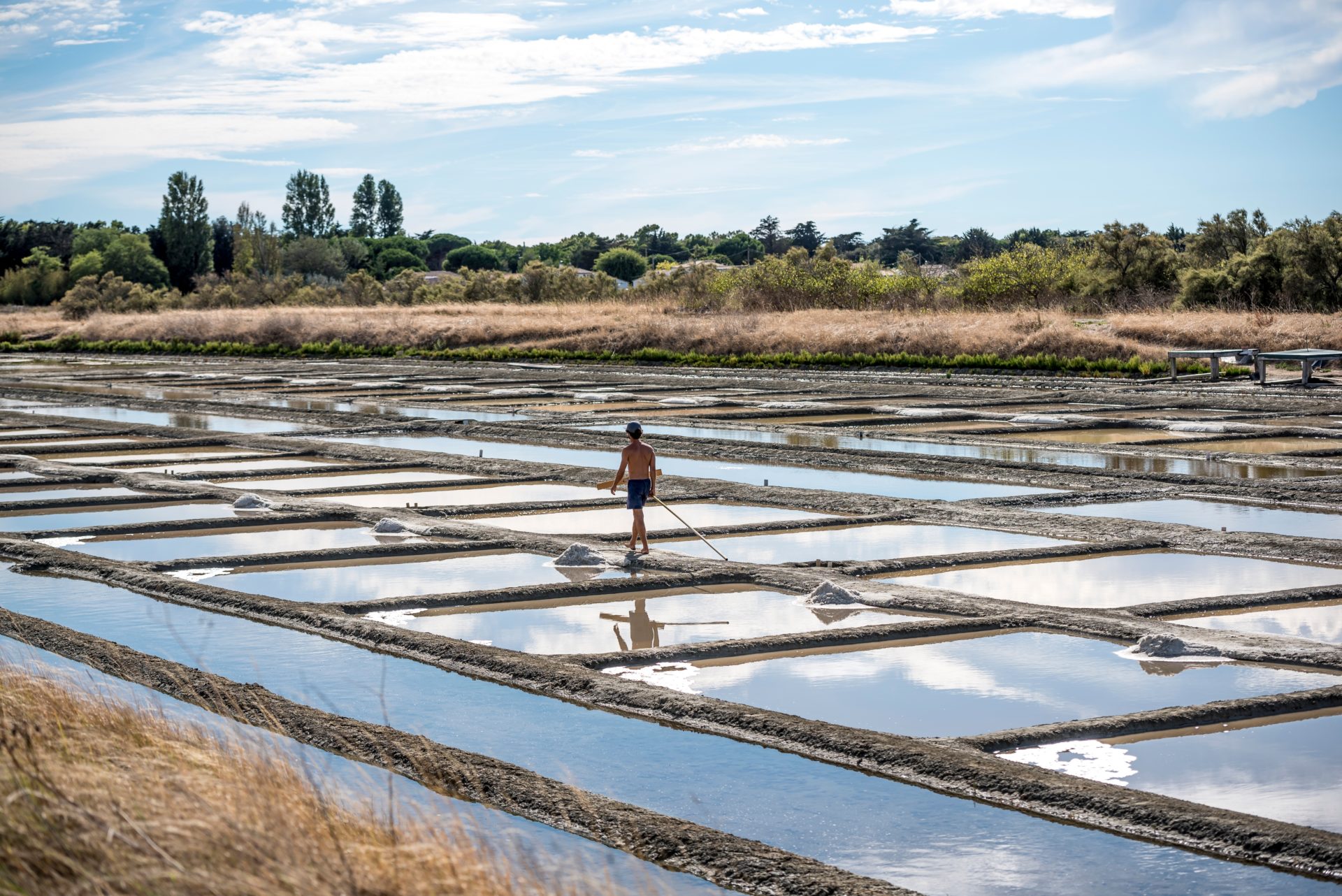
Himalayan salt
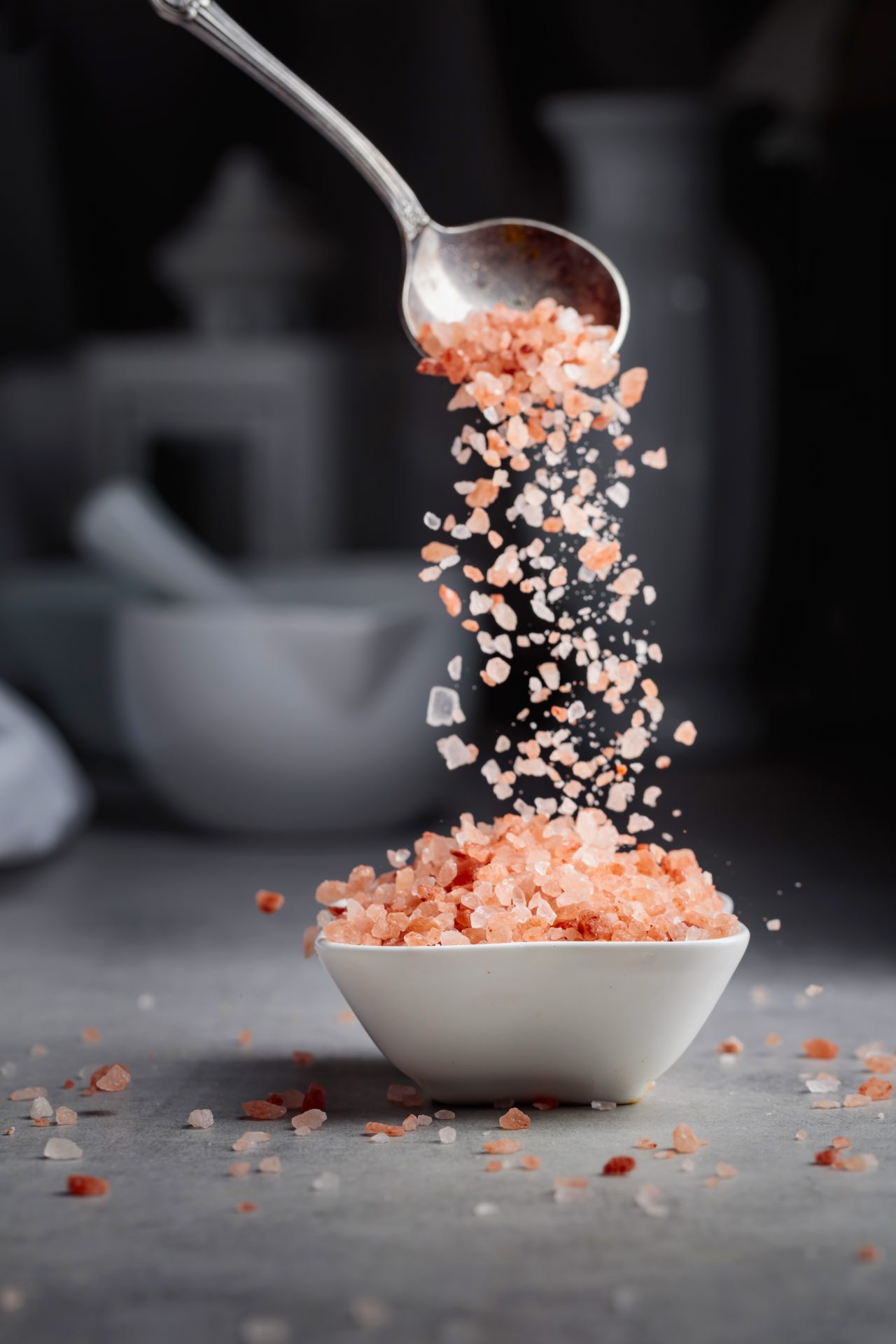
This is a type of rock salt formed from the evaporation of ancient seas in the Punjab region of Pakistan. It's easy to identify due to pink hue to it which comes from minerals present in it such as iron oxide. Though there isn't a huge amount of scientific evidence to support it, Himalayan salt is often promoted as being more natural and healthier. As well as in food, it is used for decorative lamps and in spa treatments. Many butchers such as Peter Hannan in Moira, Northern Ireland, age beef in rooms lined with tiles of himalayan salt to achieve an incredible flavour.
Press play below to hear the full chat.
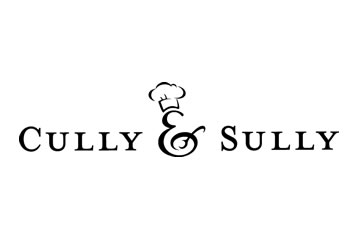
Food with Ray Foley, thanks to Cully & Sully, Great Food & Soup-er conversation.







